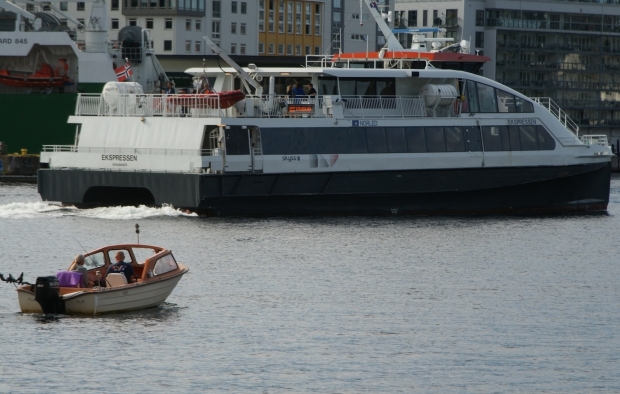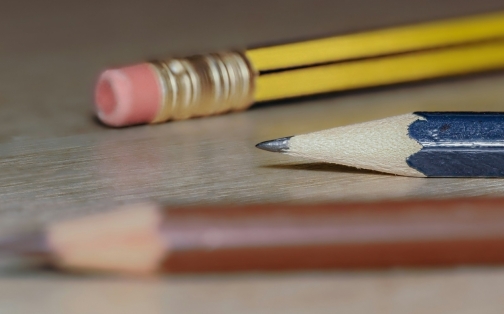

What are the most common types of boating accidents?
When considering ‘what are the most common types of boating accidents?’ the most prominent answers are collisions, falling overboard, and slips, trips, and falls.
The fallout can be life-changing depending on the circumstances and the nature of the injuries sustained.
When this happens, the team at Winns is standing by to support you as you seek the compensation you deserve to help with the transition to a life altered by injury.
Common types of boating accidents
Common types of boating accidents centre around a loss of balance caused by collisions or rough water, or operator error.
The consequences can be potentially devastating, with the injured party suffering short, medium or life-long problems.
Far from an exhaustive list of boating accidents, the most prevalent ones include:
- Collisions – When two vessels collide, or a boat hits an object it shouldn’t, the force of the collision can cause passengers to be thrown overboard or injure themselves inside the boat itself.
- Capsizing – When a boat overturns, possibly due to rough water or captain error, this will throw the passengers into the water and can lead to impact injuries, depending on where the passenger lands, or possible drowning if they cannot get their head above the surface of the water.
- Falling overboard – If a person isn’t concentrating, or is intoxicated, and they aren’t wearing their life jacket, the consequences of falling overboard could be catastrophic.
- Mechanical failure – Resulting in the potential for the vessel to lose control or even sink, mechanical failures can range in severity with the stability of the boat impacted.
- Weather – Strong winds can capsize a boat or create over-powering waves, with other stormy weather conditions able to cause a catastrophic accident.
- Slips, trips, and falls – These are more common than you might think, with wet surfaces on a boat, as you’d expect, causing slippery conditions underfoot. A sudden change in direction caused by a strong wave or change in wind direction can also cause a fall or trip.
What should you do after suffering a boating accident injury?
If you’re considering making a boating accident claim, call the team at Winns for expert guidance and assistance as you seek the compensation you deserve following a non-fault accident.
You shouldn’t suffer in silence because of someone else’s negligence. Our dedicated and experienced team of legal advisors will support you every step of the way, co-ordinating all elements of your claim, including the arrangement of relevant medical treatment, to help you adjust to a new set of circumstances.
Make the call now for a free, no-obligation chat.
Share this article
Request a Callback
Had an accident that wasn’t your fault? Leave your details and we’ll call you back.
Thank you
Thank you for your request, one of our team members will be in touch shortly.
Find Out More


